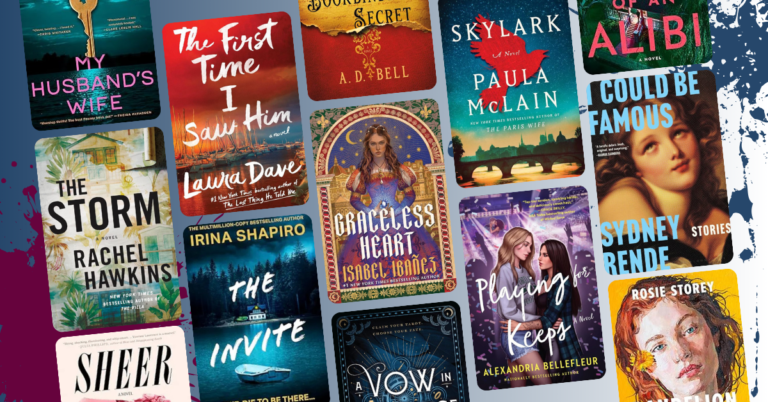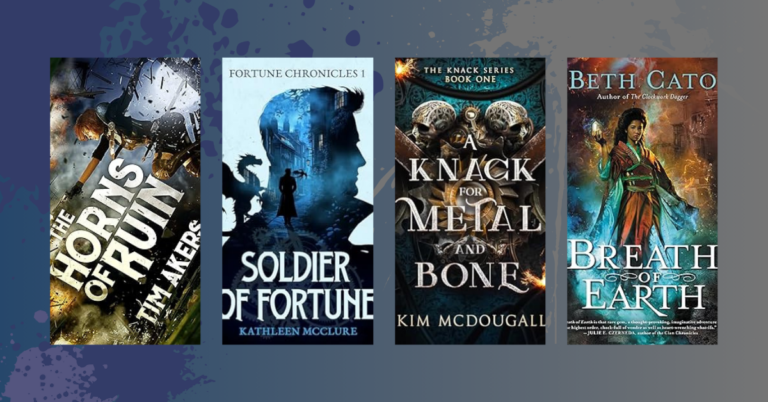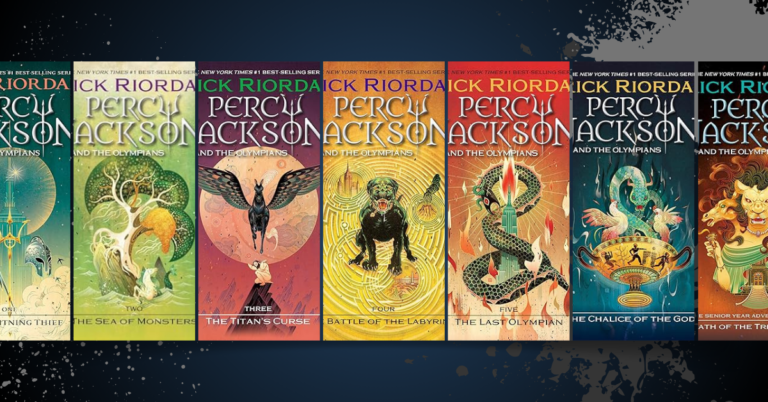Because who doesn’t love gathering to discuss plot twists, sip wine, and gossiping (sometimes even over the book)?
Remember when reading was that thing you swore you’d do more of but somehow never got around to? Well, surprise—book clubs are back, and they’re cooler than ever. Thanks to #BookTok, aesthetically pleasing curated home libraries, and the undeniable pull of a well-timed plot twist, reading has reclaimed its spot as a cultural powerhouse. And reading groups at the heart of this new literary renaissance.
Book clubs have become more than just a place to collectively gasp over a shocking ending (though, let’s be real, that’s a major perk). They’re a bridge between solitary reading and social connection, a chance to discover new perspectives, and, for some, a well-justified excuse to pour another glass of wine while debating character arcs.
A Brief History of Book Clubs: From Salons to Social Media
Book clubs may seem like a modern invention—something dreamed up alongside Instagram-worthy bookshelves—but their roots run deep. Literary salons in the 17th and 18th centuries provided an intellectual playground for thinkers and writers, long before Oprah’s Book Club made bestsellers out of books you’d otherwise pretend to have read.
And let’s talk about women and book clubs. For centuries, women have been the driving force behind these gatherings, creating spaces where they could engage in literary discourse, challenge societal norms, and, in some cases, just have an excuse to escape household chores for an hour or two.
More Than Just a Social Gathering: The Benefits of Book Clubs
- Building Community, One Page at a Time. At their core, book clubs are about connection. Whether it’s a group of old friends catching up over the latest thriller or a digital forum dissecting a fantasy epic, these communities offer a shared experience that turns solitary reading into something communal.
- Expanding Horizons (and TBR Piles). Left to our own devices, we all tend to gravitate toward the same types of books. (How many fantasy trilogies is too many? Asking for a friend.) Book clubs push readers outside their comfort zones, introducing them to new genres, diverse voices, and perspectives they might not have considered otherwise.
- Sharpening Critical Thinking. It’s one thing to enjoy a book; it’s another to articulate why you loved or hated it. Book clubs encourage deeper analysis, allowing members to refine their thoughts, challenge assumptions, and occasionally argue over whether a plot twist was genius or completely unearned.
The Modern Evolution of Book Clubs: From In-Person to Online
While traditional in-person book clubs still thrive, the digital age has ushered in new formats that make literary discussions more accessible than ever.
The Rise of Online Book Clubs
Thanks to platforms like Goodreads, Facebook groups, and Discord, book clubs are no longer bound by geography. Readers can connect across time zones, engaging in discussions that range from casual chats to full-blown literary analyses.
Celebrity Book Clubs: The New Literary Influencers
Reese Witherspoon, Emma Roberts, and even Oprah (yes, still) have turned book clubs into cultural powerhouses, boosting book sales and shaping literary trends. These celebrity-led initiatives introduce audiences to books they might have otherwise overlooked, proving that book clubs have serious industry influence.
Engaging Younger Readers
Let’s be honest: convincing younger audiences to pick up a book instead of scrolling endlessly is no small feat. Initiatives like Read with Raegan (led by Young Sheldon’s Raegan Revord) are making reading cool for the next generation, proving that book clubs aren’t just for wine-loving adults.
The Book Club Effect on Publishing
- A Sales and Trend Powerhouse. A single book club pick can catapult an author from obscurity to bestseller lists overnight. Publishers pay close attention to which books gain traction in reading groups, often adjusting marketing strategies accordingly.
- A Platform for Underrepresented Voices. Book clubs have also played a role in amplifying diverse voices, introducing readers to authors from different backgrounds, cultures, and experiences. When a book club selects a lesser-known title, it can bring much-needed attention to stories that might not have reached mainstream audiences otherwise.
Challenges and Criticisms
The Inclusivity Question
Despite their best intentions, some book clubs can feel exclusive—whether due to genre preferences, reading level expectations, or even the intimidation factor of joining a group where everyone seems to have a master’s degree in literature. Ensuring that book clubs remain welcoming and diverse is an ongoing challenge.
The Pressure to Agree
Nothing kills a good book discussion faster than a dominant voice steamrolling the conversation. While book clubs are meant to encourage different viewpoints, sometimes members feel pressured to conform to the group’s consensus, rather than share their honest opinions. (No, Karen, not everyone thinks the protagonist was a misunderstood genius.)
The Future of Book Clubs
As reading habits evolve, so too will book clubs.
Hybrid Models for the Win
Expect to see a mix of in-person and virtual meetings becoming the norm, allowing for maximum flexibility and engagement.
Book Clubs Meet Other Media
From podcasts to film screenings, book clubs are expanding beyond the page, incorporating multimedia elements to enhance discussions. Imagine reading a book and getting bonus content through an accompanying podcast or author Q&A—because why limit the discussion to just one medium?
Join the (Literary) Party
Book clubs aren’t just about reading—they’re about experiencing stories together, broadening perspectives, and, let’s be real, having a great excuse to gather with like-minded book lovers. Whether you’re in a traditional living-room circle, part of a Discord group, or just following along with Reese’s latest pick, book clubs remind us why stories matter.
So, if you haven’t joined one yet, what are you waiting for? Find a group, grab a book, and get ready to argue (politely) over character motivations.







